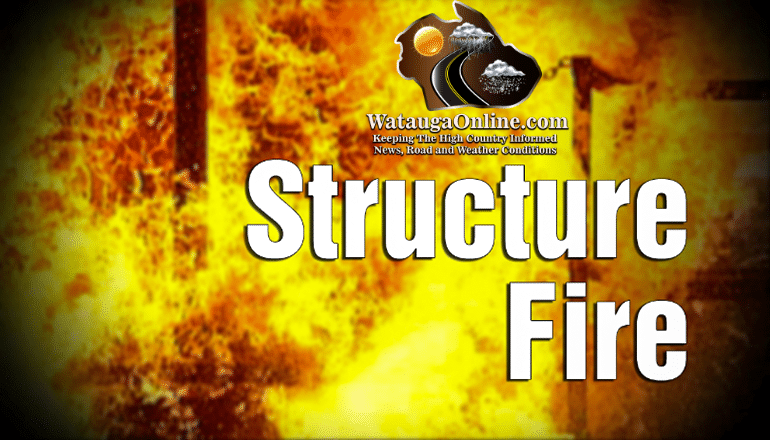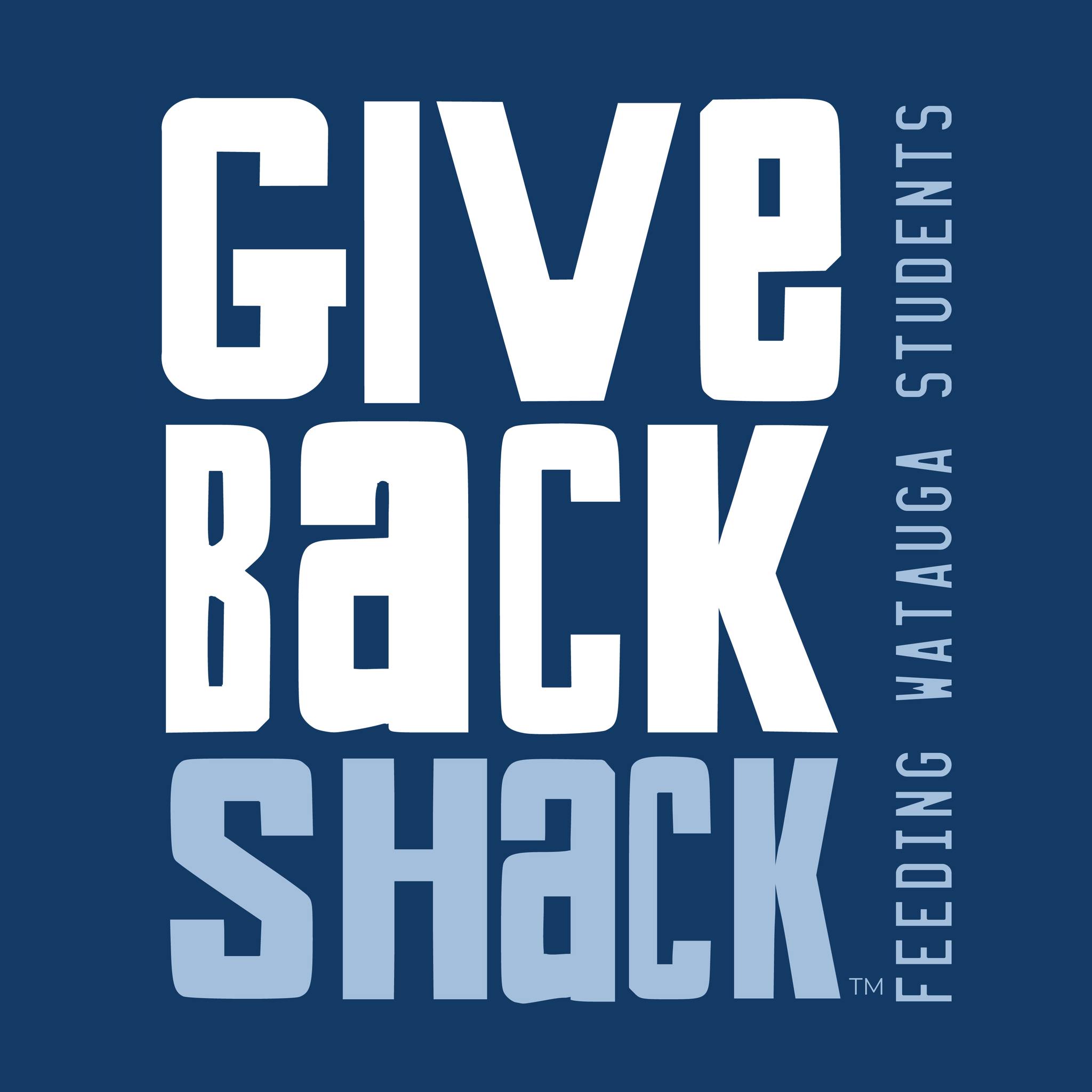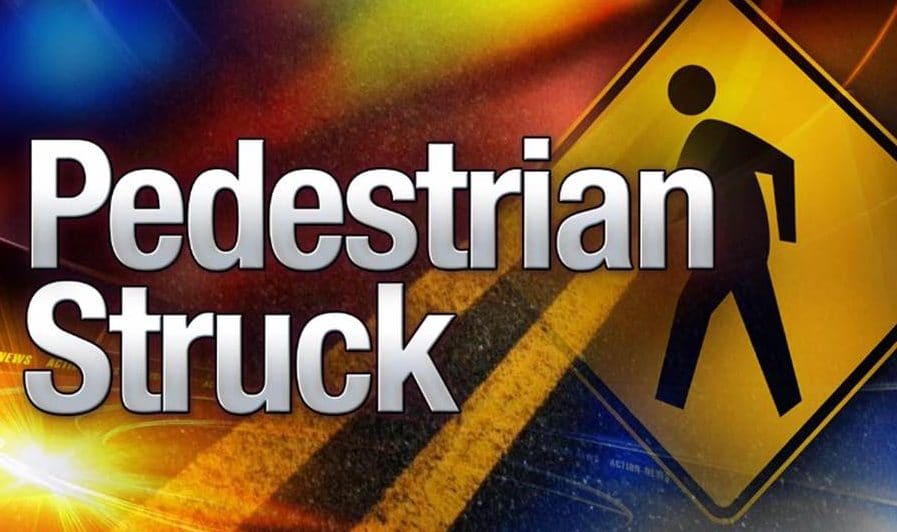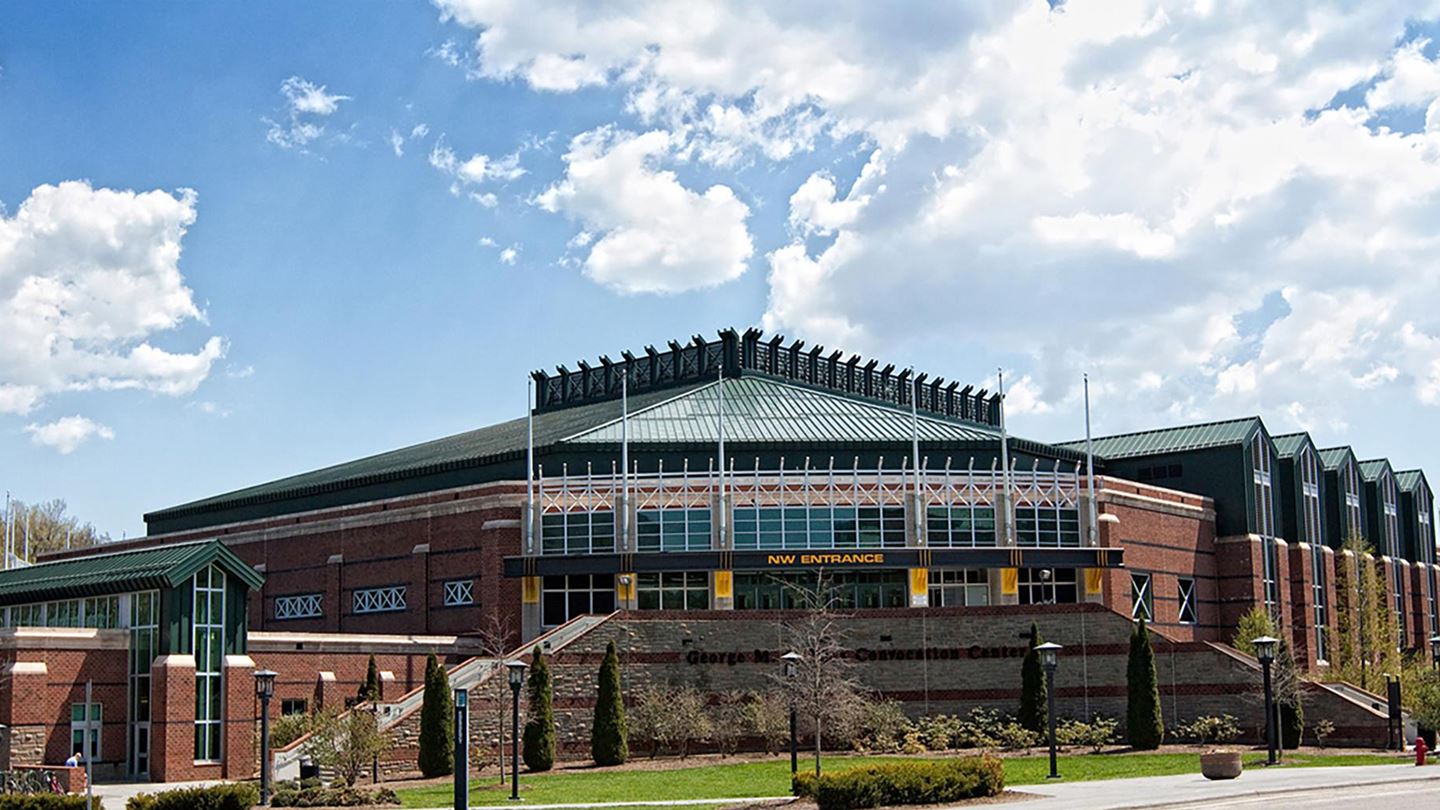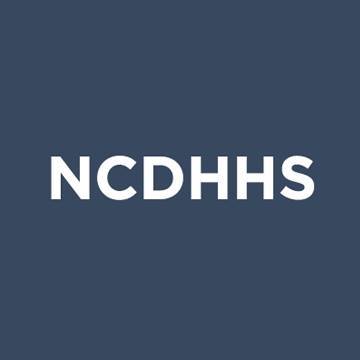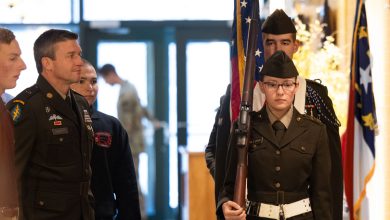Last Updated on November 3, 2020 11:59 am
BOONE — For public school employees, the COVID-19 pandemic introduced significant change into every role in education. From the people who are responsible for providing meals to students, to those who drive buses or teach in classrooms, this year, all the work associated with our public schools has been adapted, restructured and in many ways, complicated.
While everyone who enters a school building in the morning has a unique and important role to play in the ongoing efforts to mitigate the spread of the virus, perhaps no single job has been impacted more than that of the school nurse. In schools across Watauga County, nurses are now situated at the center of the district’s COVID-19 response and prevention efforts.
Watauga County School’s team of nurses is headed by RN Shelly Klutz, who along with her district lead nurse responsibilities, acts as the school nurse for Watauga High School.
Klutz said that, while none of her nurses started last school year with the expectation of the onset of a pandemic, their knowledge, education and experience had prepared them to quickly begin adapting school policies and procedures to protect the safety of students and staff.
“I think as a school nurse, something like this pandemic is always somewhere in the back of your mind — you want to prepare for anything — but no one expected anything on this scale,” Klutz said. “School nurses are amazing. Not only do they need experience in almost every discipline of nursing so they can have the ability to understand when any variety of symptoms could be abnormal and require a referral to a doctor, they also have to be educators and public health experts. Now, because of COVID, they’ve stepped into new roles as contact tracers and health screeners.”
Klutz said school nurses had been instrumental in training school staff to assist in screening and checking students into school in the morning, ensuring that in-person school can operate as safely as possible.
“Our nurses have done a lot of work this year making sure teachers, principals and other staff feel comfortable and safe in helping with our screening procedures,” Klutz said. “They’ve trained their colleagues in how to properly use no-contact thermometers and to perform the screenings that ensure students are healthy and safe to enter school buildings.”
Klutz said, even at smaller schools, taking hundreds of temperatures and asking screening questions to each student every morning was a monumental effort. She said each nurse’s office now includes an isolation room where students and staff who could be exhibiting COVID symptoms could be further assessed. She said nurses could now outfit themselves with full personal protective equipment when dealing with suspected cases.
Along with their work in screening and monitoring students entering school buildings, Klutz said her team of nurses spent a great deal of time in contact tracing — a process that attempts to track and contact people who might have been exposed to someone who tested positive for COVID-19.
While in the previous weeks, Watauga County Schools has had relatively few confirmed positive cases of COVID-19 and no evidence of transmission in school buildings, school nurses proactively perform contact tracing for people who exhibit symptoms — most of whom go on to test negative for the virus later. Over the course of the week, they could investigate hundreds of potential cases.
“Our nurses are spending a lot of time talking to students and families about possible exposure to COVID,” Klutz said. “Often, we find out there has been no close contact, but when we get back a positive test, we can very quickly start working to get people in quarantine who need to isolate themselves. It can be very complicated for people to know when exactly they need to quarantine and for how long. Our nurses have been a huge help in interpreting the public health guidance and adapting it for our schools.”
Klutz said school nurses had worked closely with the health department to contact trace and help isolate people who could have had a close contact with a positive COVID case. She said her nurse’s contract tracing and investigation leads them outside of the school environment, too. Her team needs to be aware of community events that have caused spread of the virus and anticipate how those events might affect schools.
Watauga County Schools Superintendent Scott Elliott said the extensive contract tracing at schools represented a great deal of work, but that it was of the utmost importance in keeping schools healthy and able to operate.
“This is much more than contact tracing,” Elliott said. “Our nurses are more like contact investigators. Rather than just asking a positive person for a list of people who they might have been in contact with during their contagious period, the nurses ask a series of questions to help determine the connections between other students and staff members.”
Elliott mentioned that having a nurse present in each school is no longer a luxury, but rather a necessity in keeping schools open for students. “Our nurses are at the very center of our school system and community response to this virus. Without them, there is no way we could perform the prevention and interventions needed to keep our schools open.”
This year the Watauga County Schools added one new full time and one additional part time nurse thanks to COVID relief funds provided by the state. While these positions are temporary for the next two years of the relief funding, Elliott said they are essential to helping WCS get through COVID-19.
Klutz said a big part of the job of a school nurse is education, and this year the group’s messaging — to students, staff and teachers alike — is in line with what public health officials are advocating for.
“It is so important that everyone wear their masks, frequently wash their hands and keep six feet of distance whenever possible,” Klutz said.










